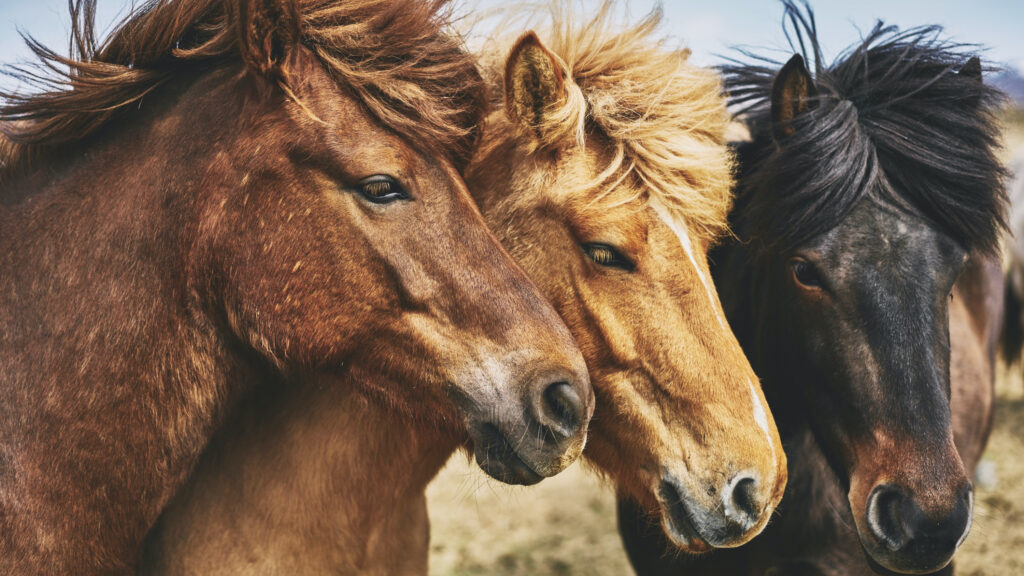What a History of Horses Can Teach Us About the American West
April 12, 2023

Stories of European settlers introducing horses to the American West? Those tales might not be so true after all. That's according to a new study.
Over 80 scholars had a hand in the findings. They included members of the Pueblo, Pawnee, Comanche, and Lakota Indigenous communities. The study looked at many types of sources. Most of them were from the 1700s-1900s. The evidence showed that Western tribes lived with and used horses before coming in contact with a European migrant. European sources say the opposite.
“We have always known and said that we came across horses before we came across the Spanish,” a Comanche historian and co-author of the paper told The Associated Press (AP).
Scientists used DNA from the skeletons of horses found across the West. That helped them figure out when the horses first arrived in the area. Scientists also found marks on the horses’ teeth. They showed that the horses wore bridles and ate maize. Maize is native to North America.
The findings reveal that it was Indigenous peoples that brought the animals west. Europeans did not bring horses West. Spanish explorers, though, did reintroduce horses to the Americas in the early 1500s. Horses went extinct in North America around 10,000 years ago. The findings go beyond just the presence of horses. It suggests that Indigenous peoples traveled farther and interacted with each other more than was thought before.
“Our cultures have been so misrepresented for so long,” one of the study's co-authors told the AP. She is a member of the Oglala Lakota Nation. “Too often history has been told around us, without us.”
Photo by Doruk Yemenici courtesy of Unsplash.





